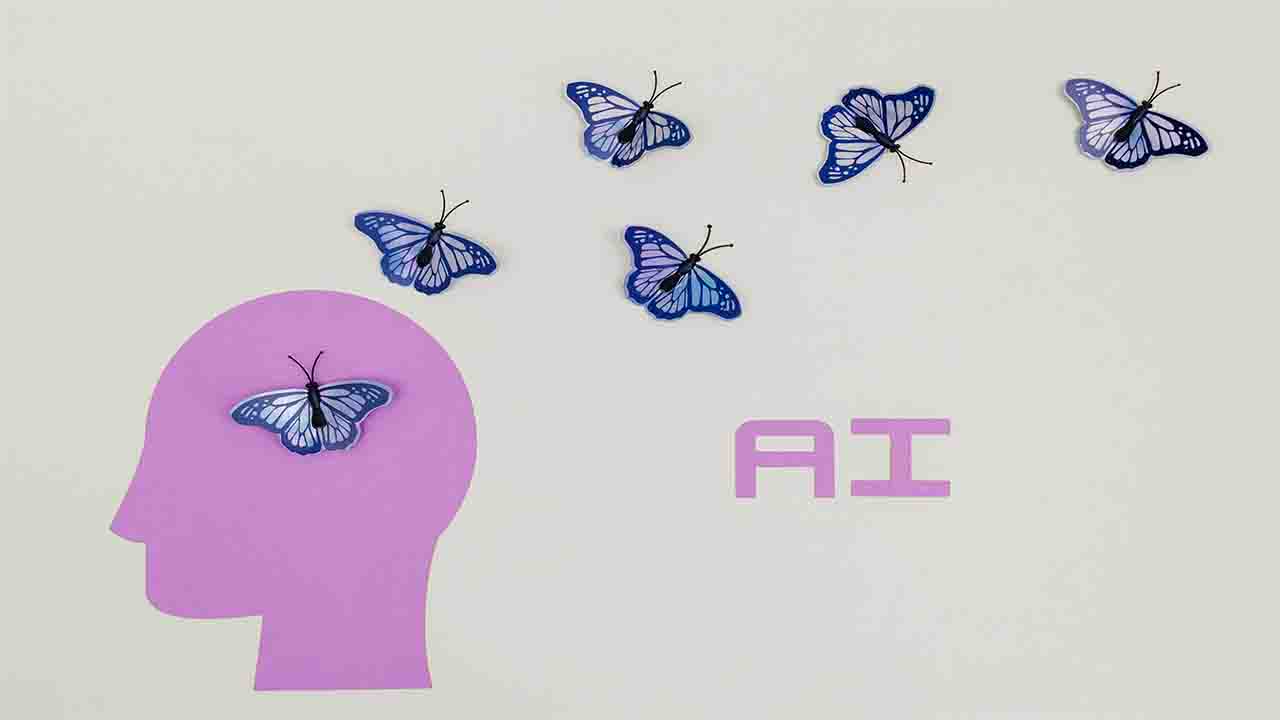Health UK (Commonwealth Union) – Researchers at the University College London (UCL) Queen Square Institute for Neurology have harnessed the power of AI language models to develop innovative tools capable of identifying subtle speech patterns in individuals diagnosed with schizophrenia.
Their groundbreaking study, recently published in the Proceedings of the National Academy of Sciences (PNAS), is aimed at unraveling how automated language analysis can revolutionize the diagnosis and assessment of psychiatric conditions.
At present, psychiatric diagnoses predominantly rely on verbal communication between patients and those close them, supplemented only minimally by tests like blood work and brain scans. This lack of precision has limited our understanding of the root causes of mental disorders and the efficacy of treatment strategies.
In their study, the researchers engaged 26 participants diagnosed with schizophrenia and 26 control subjects in two verbal fluency tasks. Participants were tasked with generating as many words as possible within five minutes, adhering to specific categories like “animals” or starting with the letter “p.”
To analyze the responses, the team employed an AI language model trained on vast amounts of internet text, enabling it to interpret word meanings in a manner akin to human cognition. They sought to determine if the words spontaneously produced by individuals could be predicted by the AI model and whether this predictability was lowered among patients with schizophrenia.
Their findings revealed that the responses from the control group were indeed more predictable by the AI model compared to those from individuals with schizophrenia. Moreover, this predictability gap was most pronounced in patients exhibiting more severe symptoms.
The researchers speculate that this disparity could be linked to the brain’s mechanism for establishing connections between memories and ideas, and the subsequent storage of this information in what they refer to as ‘cognitive maps.’ To bolster this hypothesis, the study included a complementary segment involving brain scans, which measured activity in brain regions associated with the creation and retention of these ‘cognitive maps.’
The study signifies a crucial step forward in using AI to enhance our understanding of mental illness and develop more precise diagnostic tools, potentially transforming the landscape of psychiatric assessments and treatment monitoring.
Dr. Matthew Nour, the primary author of the study and affiliated with both the UCL Queen Square Institute of Neurology and the University of Oxford, indicated that, in the recent past, the automated analysis of language has remained a distant prospect for medical professionals and researchers. Nevertheless, the landscape is evolving with the emergence of AI language models like ChatGPT.
“This work shows the potential of applying AI language models to psychiatry – a medical field intimately related to language and meaning.”
Schizophrenia is a prevalent and incapacitating psychiatric disorder that impacts approximately 24 million individuals globally and more than 685,000 people in the United Kingdom.
The National Health Service outlines that symptoms of this condition can encompass hallucinations, delusions, cognitive confusion, and alterations in behavior.
The collaborative research team from UCL and Oxford intends to apply this technology in a more extensive patient sample, spanning a wider array of speech contexts, to ascertain its potential utility in clinical settings.
Dr Nour says “We are entering a very exciting time in neuroscience and mental health research. By combining state-of-the-art AI language models and brain scanning technology, we are beginning to uncover how meaning is constructed in the brain, and how this might go awry in psychiatric disorders. There is enormous interest in using AI language models in medicine. If these tools prove safe and robust, I expect they will begin to be deployed in the clinic within the next decade.” With AI applications explored in a variety of medical diagnostics, its use in schizophrenia is likely to be significant.








